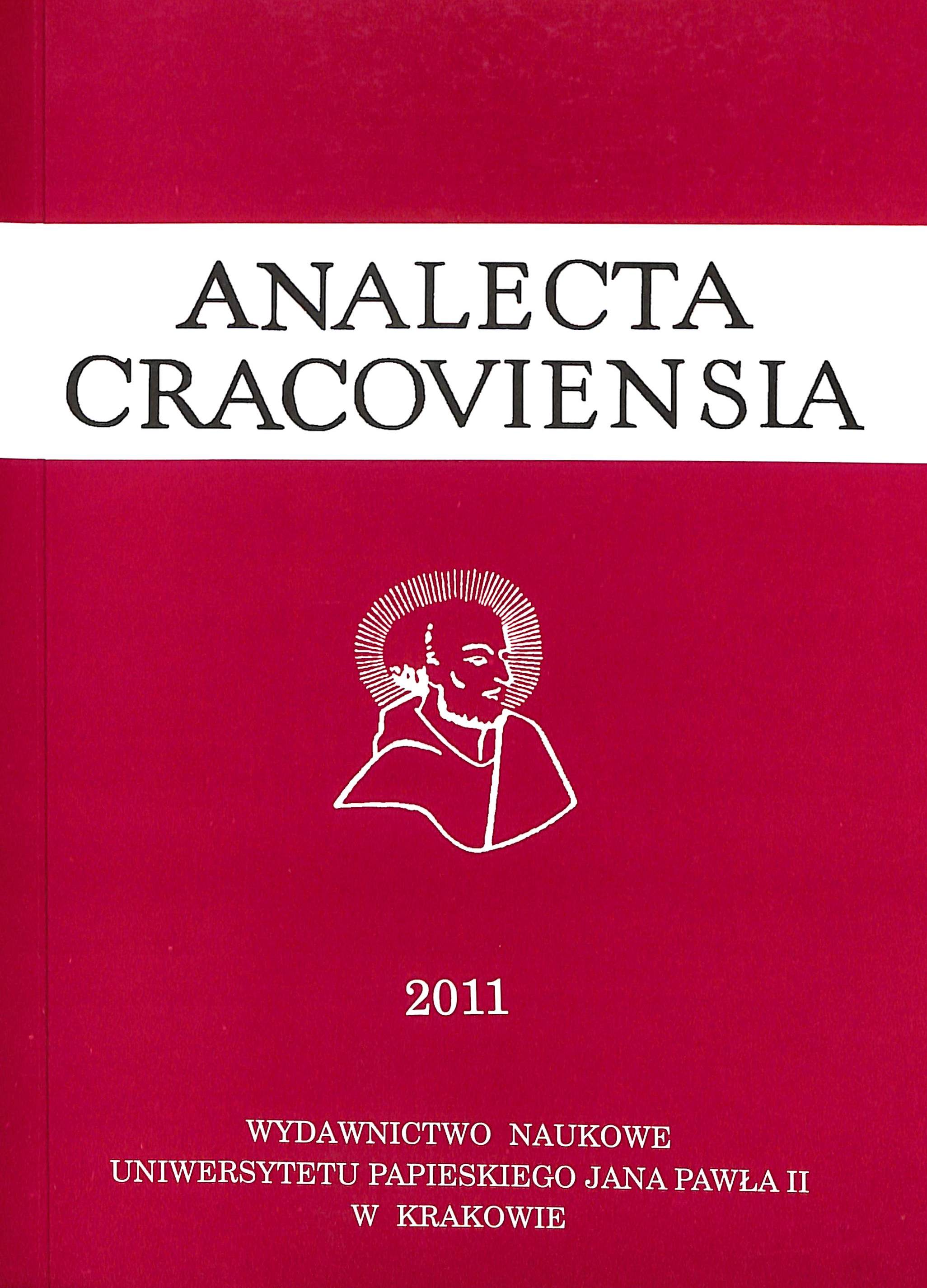Sermonis brevitas amica. On the Length of a Sermon Before and Now
DOI:
https://doi.org/10.15633/acr.4316Keywords:
sermonis brevitas amica, kazania, kaznodziejstwo, homiletyka, zwięzłość słowaAbstract
The article is an analysis on the length of a sermon in the history of preaching. For centuries, it has been emphasized that conciseness is a friend of a sermon (sermonis brevitas amica) and a lot should be said just in a few words (multa in paucis) and – according to the Council of Trident – people should be preached “briefly and accessibly” (cum brevitate et facilitate sermonis). As an effect, there was a gradual reduction of sermons which in previous centuries were given for many hours into a ten minute Sunday homily which is expected nowadays. At the same time an interesting phenomena can be observed, namely that the very listeners would like to listen to longer sermons while retreat, concentration days or other important ceremonies during which they expect to be given deeper arguments on faith and moral life. Listeners do not feel bored with the length of a sermon if it is given by a charismatic preacher speaking with a great belief and passion.
Downloads
Published
Issue
Section
License
Copyright (c) 2011 Maciej Radej

This work is licensed under a Creative Commons Attribution 4.0 International License.
Authors who publish with this journal agree to the following terms:
- Authors retain the copyright and full publishing rights without restrictions, and grant the journal right of first publication with the work simultaneously licensed under a Creative Commons Attribution 4.0 International License that allows others to share the work with an acknowledgement of the work's authorship and initial publication in this journal.
- Authors are able to enter into separate, additional contractual arrangements for the non-exclusive distribution of the journal's published version of the work (e.g., post it to an institutional repository or publish it in a book), with an acknowledgement of its initial publication in this journal.
- Authors are permitted and encouraged to post their work online (e.g., in institutional repositories or on their website) prior to and during the submission process, as it can lead to productive exchanges, as well as earlier and greater citation of published work (See The Effect of Open Access).

